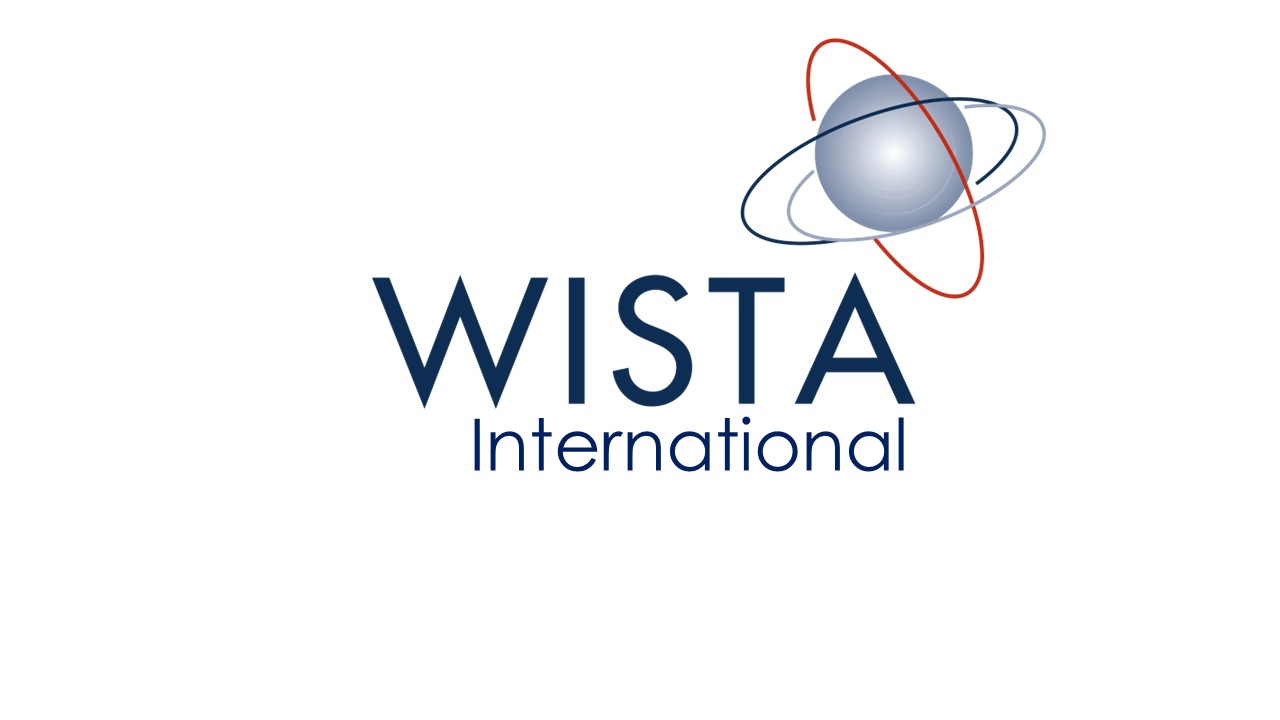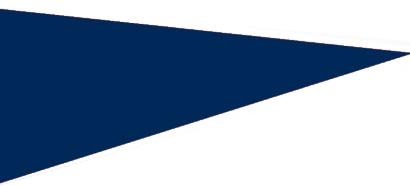Maritime Digital Leaders in the Algorithmic Age
May 23, 2022
Algorithmic age is the actual time context where automated technologies and decision-making systems are starting to influence world-scale transport economies, affecting, directly and indirectly, the end-users and beneficiaries. In the Algorithmic age, digitalization contributes to upward economic and social convergence, promoting sustainable growth of economies and encouraging the creation of high-quality maritime jobs and added value in the transport sector. Digital technology supports the process of transforming the way in which existence can be facilitated by integrating maritime stakeholders and fields of activity for the benefit of seafarers, their families, and maritime businesses overall. Reacting properly and duly in situations of digital and technological crisis is a key aspect during challenging advanced maritime operations.
In such context, a new type of leader is emerging in the maritime: the maritime digital leader, which is the icon person who explores the growing use of digital technologies in maritime operations, addressing risks in fast-moving digital and real environments, while adapting the role of mentorship for both non-tech and high-tech skilled followers.
While Covid-19 pandemic had a profound impact on seafarers that were refused a crew exchange, lost their job, or experienced significant income loss, the same harsh environment catalyzed the use of digitalization in maritime activities. The current generation of professionals had to upskill to keep their job in a new work environment while for young people, the entry into the maritime labor market had been quite challenging during this period. Access to enhanced digital skills through Maritime Education and Training (MET) had the multiplicative outcome of ensuring social fairness through access to online education, digital training, and lifelong learning re-skilling dedicated programs in the maritime sector. The update of classic MET programs to the new pandemic context had the outcome to build resilience to react to crises, based on the lessons learned during the COVID-19 pandemic, and strengthening sustainable competitiveness for resilient societies.
In the algorithmic era, emerging technologies such as Artificial Intelligence , the Internet of Things, ratification, or remote working lead to the need for new and increased digital competencies.
Such emerging technologies come with something more. We need not forget the green and sustainability aspects of the maritime sector, which still have to be addressed, however now we need to perceive them in interaction with digital technologies. How can digitalization in the maritime help industry stakeholders uptake and deploy sustainability needs? Such perspective requires further necessary understanding of the current trends, digital services and available products that are the results of innovation and research investments. Innovation produces a butterfly effect in the maritime sector for current skills, knowledge, and attitudes of current seafarers, hence preparing the sector for the next generation of up-skilled seafarers. Seafarers need to be able to fact-check online content and its sources (information literacy), they need competencies when interacting with AI systems, and they have to avail new opportunities offered by technologies while dealing with the risks that occurred from algorithmic developments in social media and maritime digital technologies.
The above information is part of the research grant “Challenges of Maritime Digital Leaders in the Algorithmic Age” awarded by the International Association of Maritime Universities (IAMU) in Japan and the Nippon Foundation between 2021-2022. The research is analyzing the necessity to update the International Convention on Standards of Training, Certification, and Watchkeeping for Seafarers (STCW) with new digital and leadership competencies requirements for the safe operation of ships. Partial results of the study indicate that maritime leaders should learn and understand how to use responsibly digital technologies in order to create ethical competitive advantages and welfare in the maritime business.
If you want to contribute to this research, you are hereby invited to take part in a digital change survey, by answering these 10 questions: https://tinyurl.com/mpkevtaz
Written by:
Dr. Cristina Dragomir, Associate Professor at Constanta Maritime University, Romania
WISTA Technology and Futures committee member

